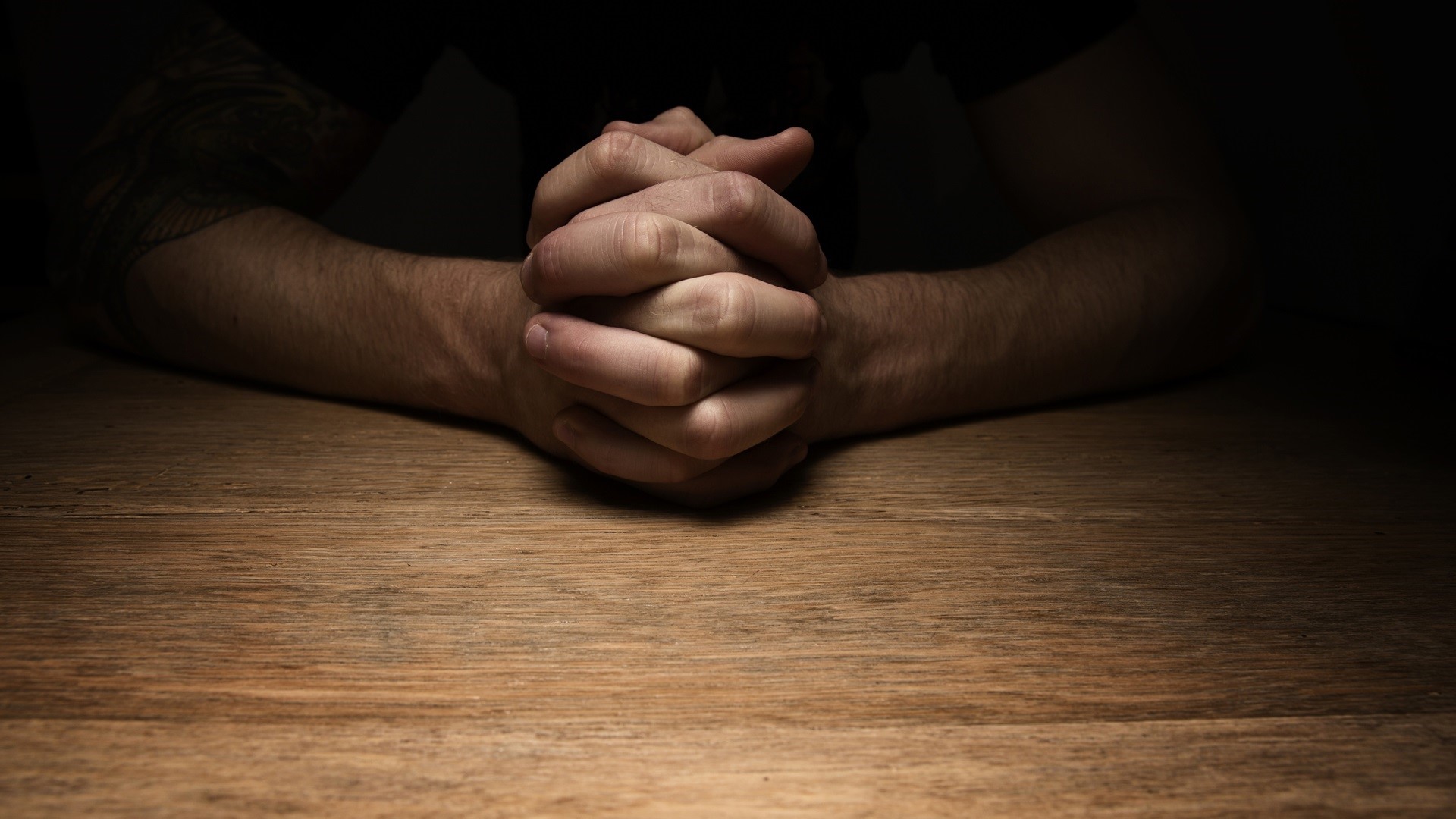It’s the easiest thing in the world to say: “Yes, I’ll pray about that.” And it’s the easiest thing to neglect. The list of all the things I’ve said I’d pray for but then forgotten about would stretch from here to next year. So I’ve started to say, “No, I won’t pray for you.” I am still not entirely comfortable with it, but I think it’s the right thing to do.
We recently had someone—a stranger—call the church to ask for prayer. She called out of the blue one morning, from a phone number far away. She said she was feeling sick and needed people to pray for her. Every day for the next six months. “Can I count on you to pray for me?”
For one of the first times in my life I felt total freedom. I said, “I am going to pray for you once, but I will not pray for you every day. I will not pray for you for six months.” I explained that I have my own church to care for, and that I need to pray for those people. I asked about her church and she told me where she attends. I recognized it as a good church, full of people who pray, and pastors who care. I explained that God expects her church to care for her, and her church to pray for her, and that calling all the churches in Toronto and asking them to heap up prayers for someone they don’t know may be little more than superstition.
I thought I got through to her. But a week later the phone rang again and it was the same woman. She had obviously forgotten to scratch the name of our church off her list. I reminded her of what I said last time and told her that I was not praying for her anymore. She hung up on me.
I once spent a couple of hours with a small group of people and a well-known pastor whose voice goes out on the radio and who has listeners around the world. He is a man of prayer, and one who battles against the easy “Pray for me!” He understands that some people think his prayers are especially powerful because he is a celebrity; he understands that some people have disobediently distanced themselves from the local church and are now looking for someone, anyone, to pray for them; he understands that some people are superstitious toward prayer. So he told how he learned to say “No.” Even better, he learned to say, “I will pray for you right now but then I expect you to go to your local church and ask them to pray for you.” He prays immediately and prays once, but no more.
I learned from him, and feel the freedom not to pray. I feel the freedom not to pray because I cannot pray for everyone and everything. God has given me spheres of responsibility and a finite amount of time. I have to use the best and the bulk of my time to care for those people who are closest to me–my family, my friends, my neighbors, my church. One of the ways I care for them is by praying for them. But since there is much more to my life than prayer, I have to use that prayer time well, giving it to those matters and those people I am most responsible for. And that is what I attempt to do–to pray earnestly and repeatedly for the people I am responsible for, and to allow others to pray for the people they are responsible for.
I am quite sure it is better this way. It gives me an opportunity to teach people about prayer, it gives me an opportunity to model prayer, and it keeps me from saying I will do what I will not and cannot do.
Image credit: Shutterstock










